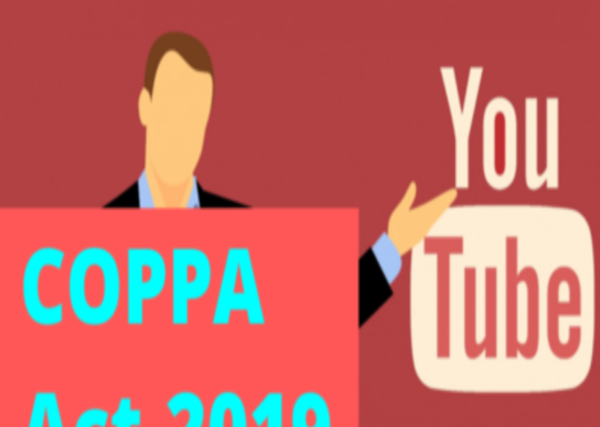YouTube starting this month is requiring all creators, regardless of location and whether or not they produce content intended for children, to designate whether their videos are made for kids. And many YouTubers are concerned that the new rules will hurt their monetization — or even expose them to fines if their content is mislabeled.
The change is the result of YouTube’s $170 million settlement with the FTC and the New York Attorney General for alleged violations of the U.S. Children’s Online Privacy Protection Act (COPPA). The law prohibits internet companies from collecting data from kids under 13 — and YouTube was accused of violating that law.
YouTube is putting the onus on creators to comply with COPPA: “If you fail to set your audience accurately, you may face compliance issues with the FTC or other authorities, and we may take action on your YouTube account,” according to YouTube’s help-center document on the topic.
Creators are subject to potential fines for running afoul of COPPA. According to the FTC, the law allows for civil penalties of up to $42,530 per violation, according to the agency. However, “the FTC considers a number of factors in determining the appropriate amount, including a company’s financial condition and the impact a penalty could have on its ability to stay in business,” per a Nov. 22 blog post.
That alone has sent shock waves through the YouTube community and has even led some creators to delete videos or threaten to leave YouTube altogether.
“This COPPA shit is terrifying,” Danielle Pitts (aka Doobie), a YouTube animator and voice actor, tweeted this week. “My videos aren’t directed to children but I can still get fined $42k for marking my videos as meant for adults because it isn’t mature enough? Because it can easily be mistaken?? I’m heartbroken. YouTube was my dream.”
Some YouTubers are issuing dire predictions about the impact of the platform’s new COPPA rules. “If it doesn’t get more attention you can pretty much expect the end for gaming, animation, and cartoon videos on YouTube,” tweeted Alex Carducci, aka RelaxAlax, who makes gaming videos on his YouTube channel. “Basically Thanos snap YouTube, that’s what’s happening.”
There’s another part of YouTube’s COPPA-compliance rules that is causing major concern: Starting in January 2020, YouTube will limit the data it collects for videos marked as “made for kids” under the government settlement.
For starters, that means YouTube videos designated for kids will not be able to include targeted advertising. In addition, a whole slew of other features that depend on user data will be disabled, including comments, channel branding watermarks; the “donate” button; cards and end screens; live chat and live chat donations; notifications; and “save to playlist” or “watch later” features.
Plus, the kid-video designation also will apparently make them unsearchable. On Thursday, Parry Gripp, a Daytime Emmy-winning songwriter whose long-running YouTube channel features songs about food and animals, noticed that videos marked in YouTube “for kids” don’t show up in a Google search.
“It’s as if @Google is censoring all of my wholesome kid-friendly videos!” Gripp said in a tweet. “No ‘Raining Tacos’! No ‘Space Unicorn’! Who does this help?”
According to YouTube, it will use machine learning “to help us identify videos that are clearly directed to young audiences” and may override a channel or creator’s audience setting choice “in cases of error or abuse.” YouTube creators can set their entire channel to “made for kids” or mark only specific videos as such.
Again, however, creators are advised that YouTube is not responsible for protecting users from legal liability. “If you need help determining whether or not your content is made for kids, check out this Help Center article or consult legal counsel,” YouTube says.
There’s also the question of what videos “made for kids” even means. According to the FTC, there’s no one-size-fits-all answer but in general, it says the COPPA rules apply if the intended audience is kids under 13.
![]()
